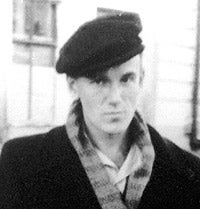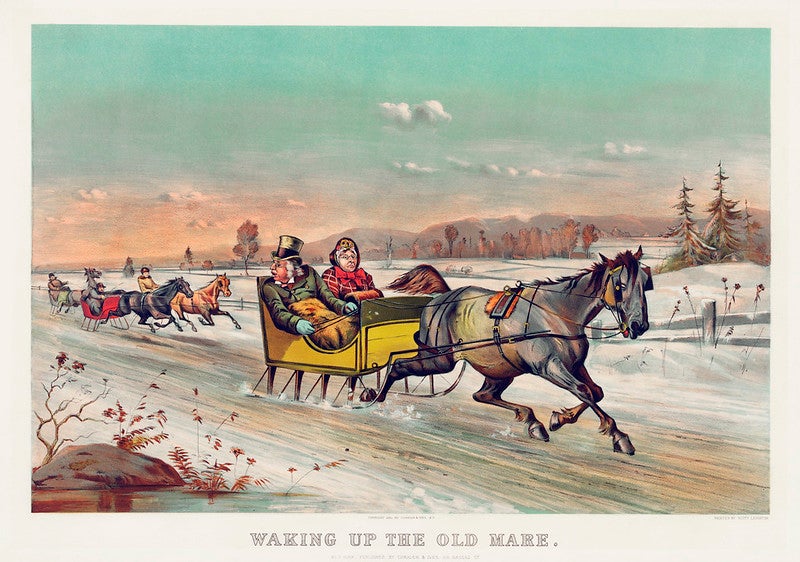When Soviet pianist Sviatoslav Richter came to America, his government took no chances on losing him.
In 1960, when he arrived in New York for the first time, Richter was accompanied by a bodyguard named Anatoly, a young veteran of the NKVD, the Soviet security service. Anatoly was pleasant enough, but he was supervised by another bodyguard named Byelotserkovsky, who was always bossing him around. “Follow him; keep an eye on him,” Byelotserkovsky would say repeatedly to his young charge, “Listen to what he says. See who he meets,”
One day when Richter was leaving the Art Institute of Chicago, he found Anatoly hiding behind the door. “It’s him,” said the flustered young bodyguard. “He’s the one who sent me. It was him!”
News with a little more humanity
WPR’s “Wisconsin Today” newsletter keeps you connected to the state you love without feeling overwhelmed. No paywall. No agenda. No corporate filter.
And Byelotserkovsky didn’t stop at pestering Anatoly. He made a habit of saying to Richter, “Your job is to perform,” the implication being that to take in any of the American scenery or culture would be unacceptable.
One day, at the end of a rehearsal of Beethoven’s First Piano Concerto with the Boston Orchestra, Richter was so moved by the orchestra’s playing that he kissed the hand of conductor Charles Munch. Afterward, Byelotserkovsky vented his disapproval. “How can a Soviet artist sink so low as to kiss the hand of a foreign conductor?” he complained. And when they were invited to the home of Russian émigré Efrem Zimbalist, Byelotserkovsky tried to persuade the aging violinist to return to Russia, where he’d be offered a fine apartment–and a lavish funeral.
On a later trip to America, Richter’s escort was a former director of the Leningrad Philharmonic, who persuaded concert organizers to give expensive gifts to Richter which he would intercept and keep for himself. Richter put his foot down and, from then on, his “guardian angels” gave him no more trouble.
Wisconsin Public Radio, © Copyright 2026, Board of Regents of the University of Wisconsin System and Wisconsin Educational Communications Board.





